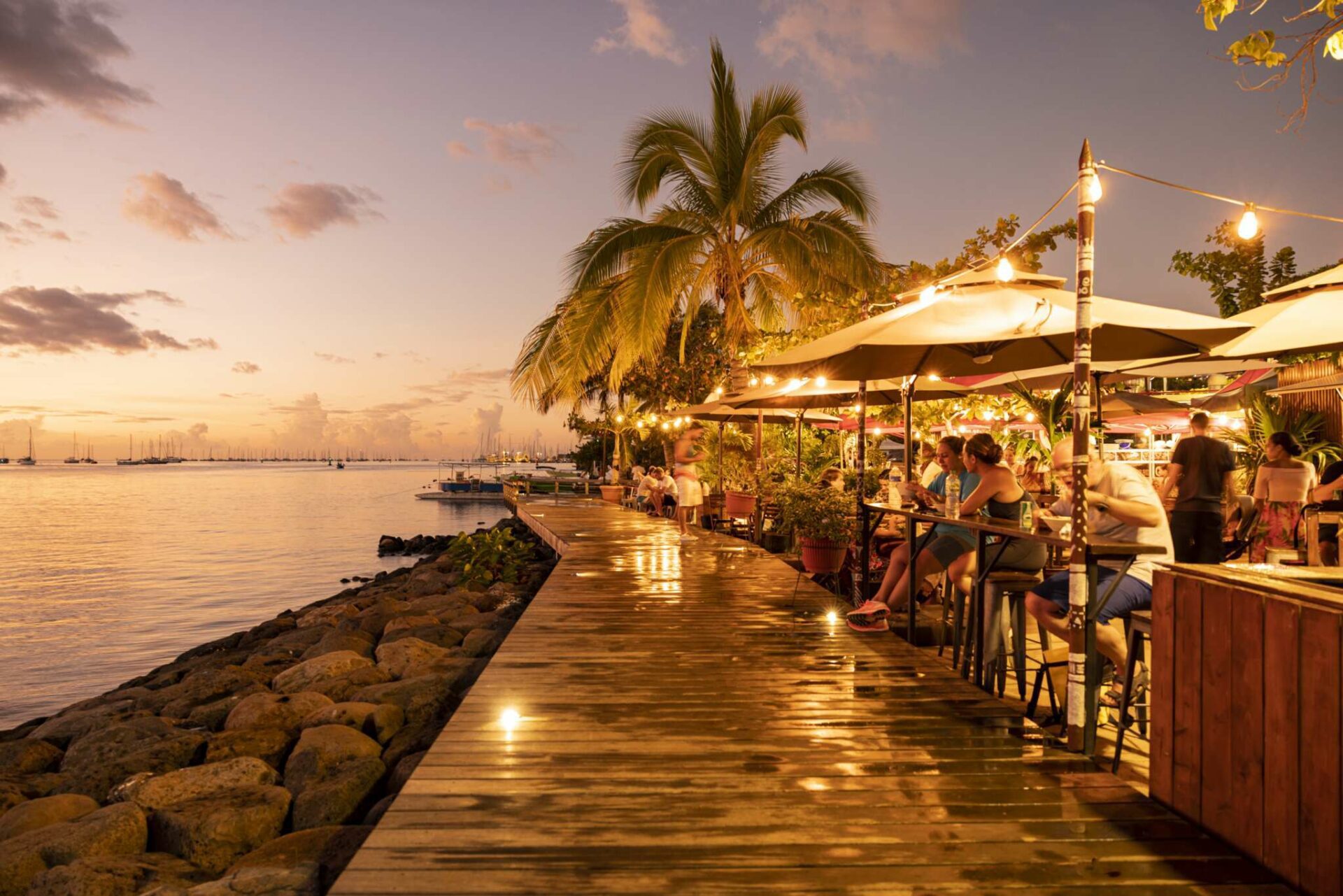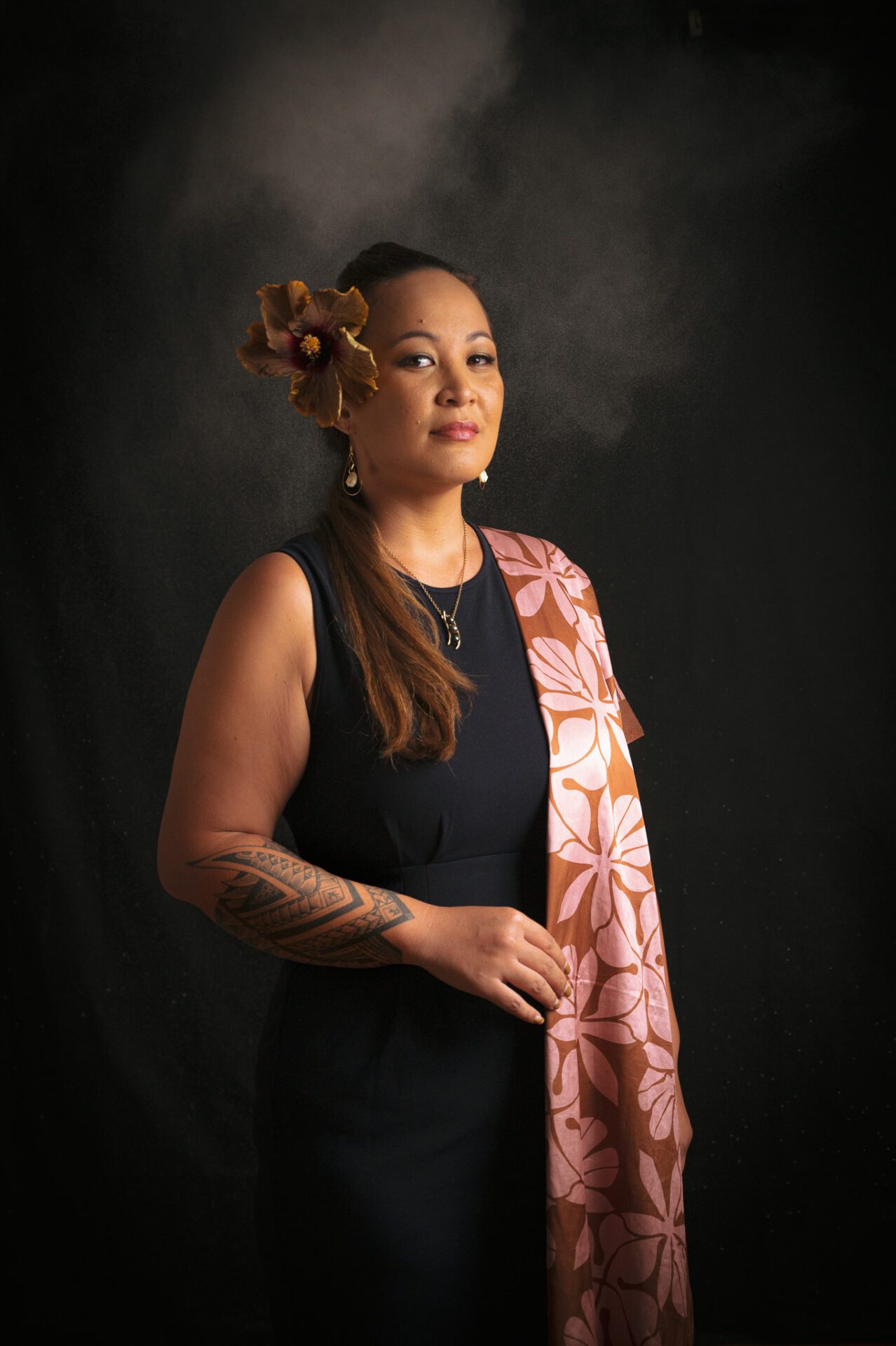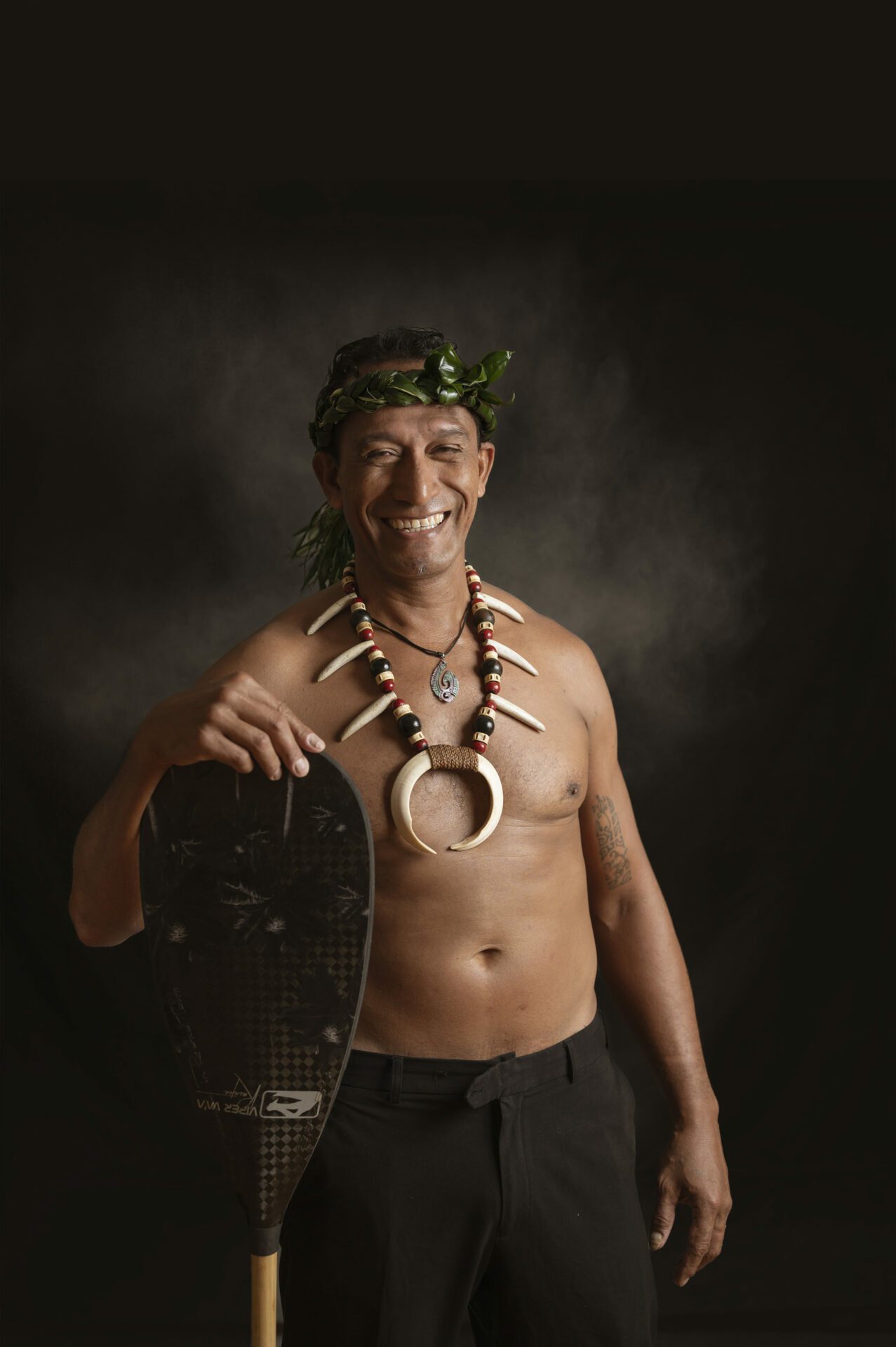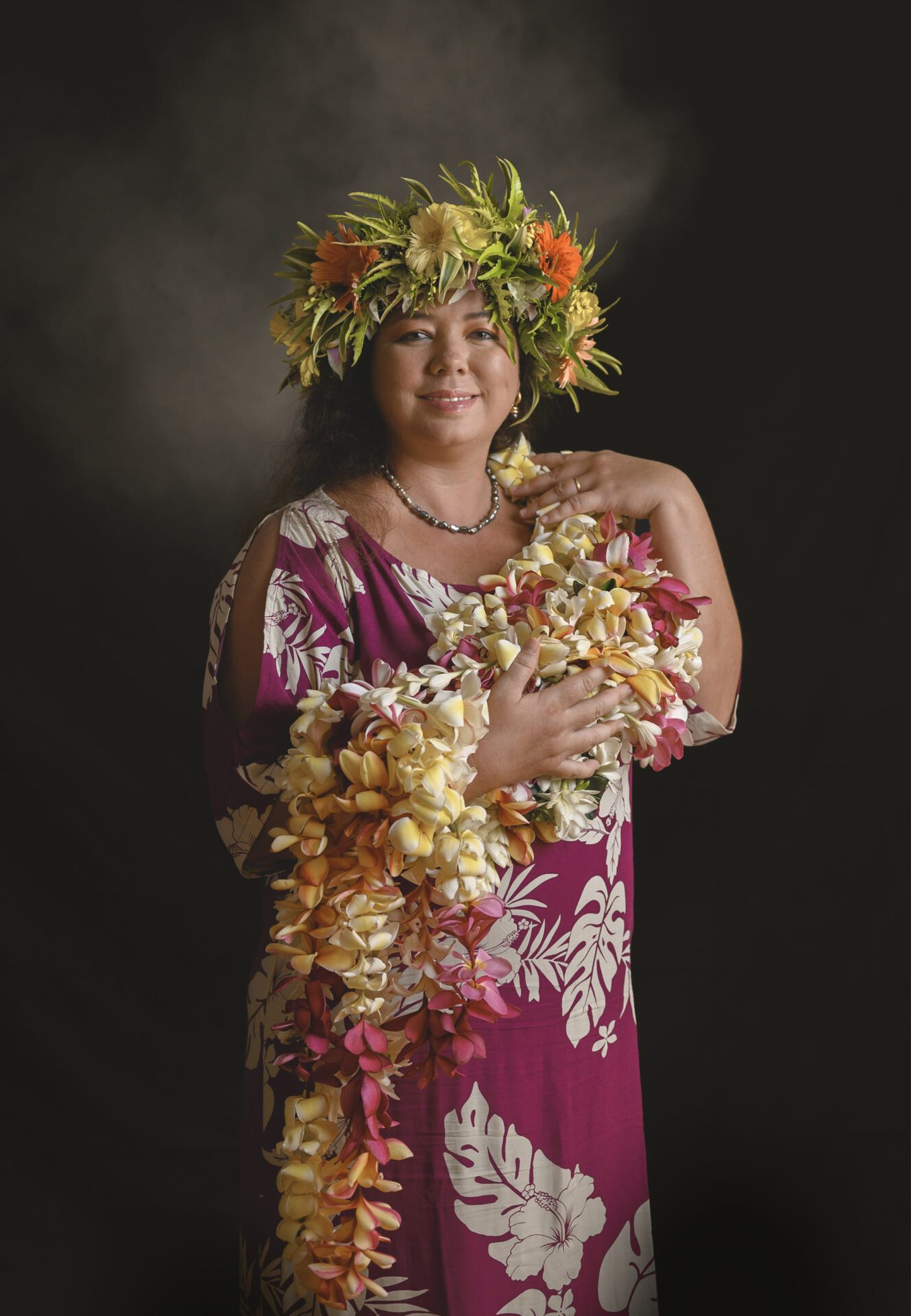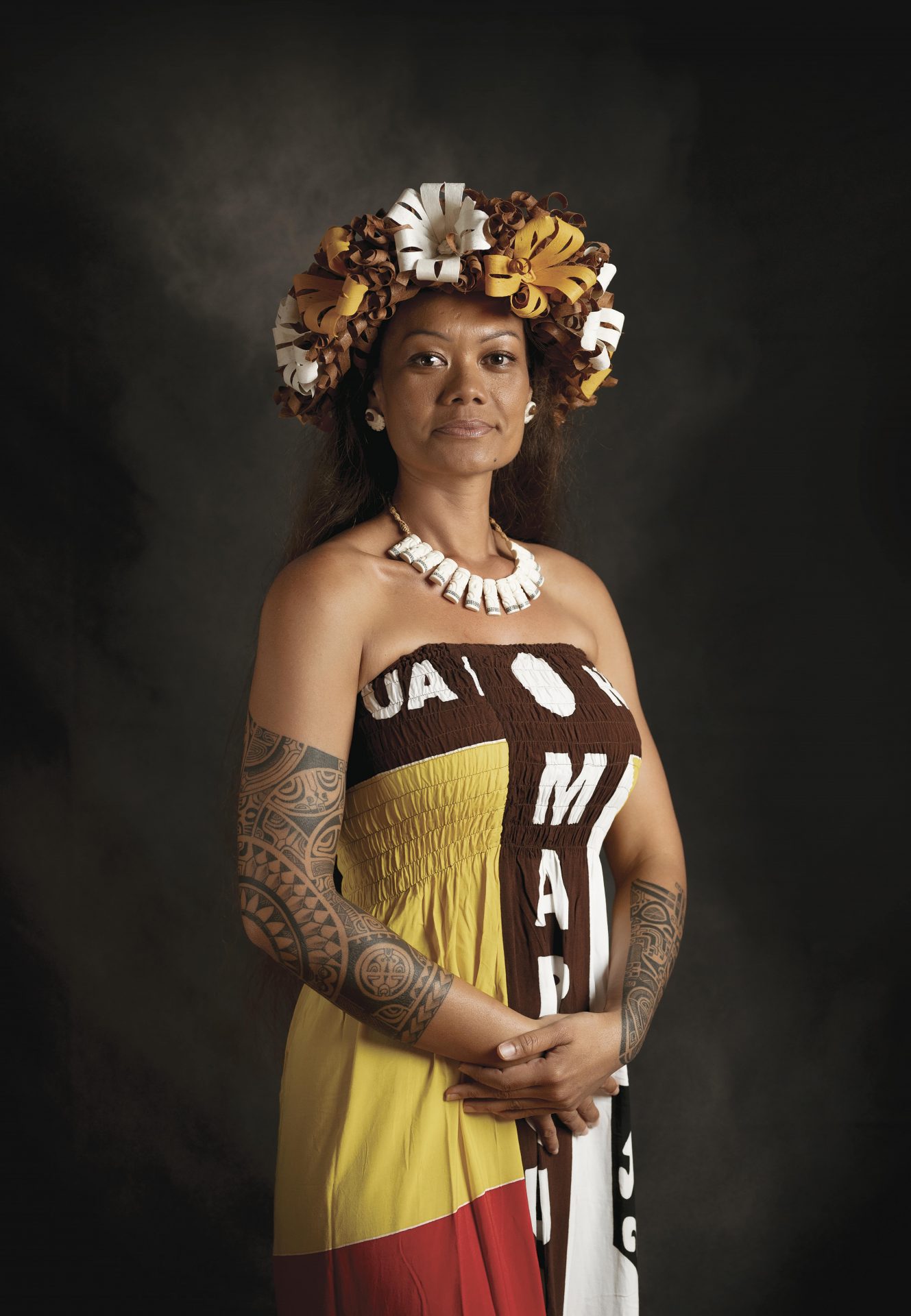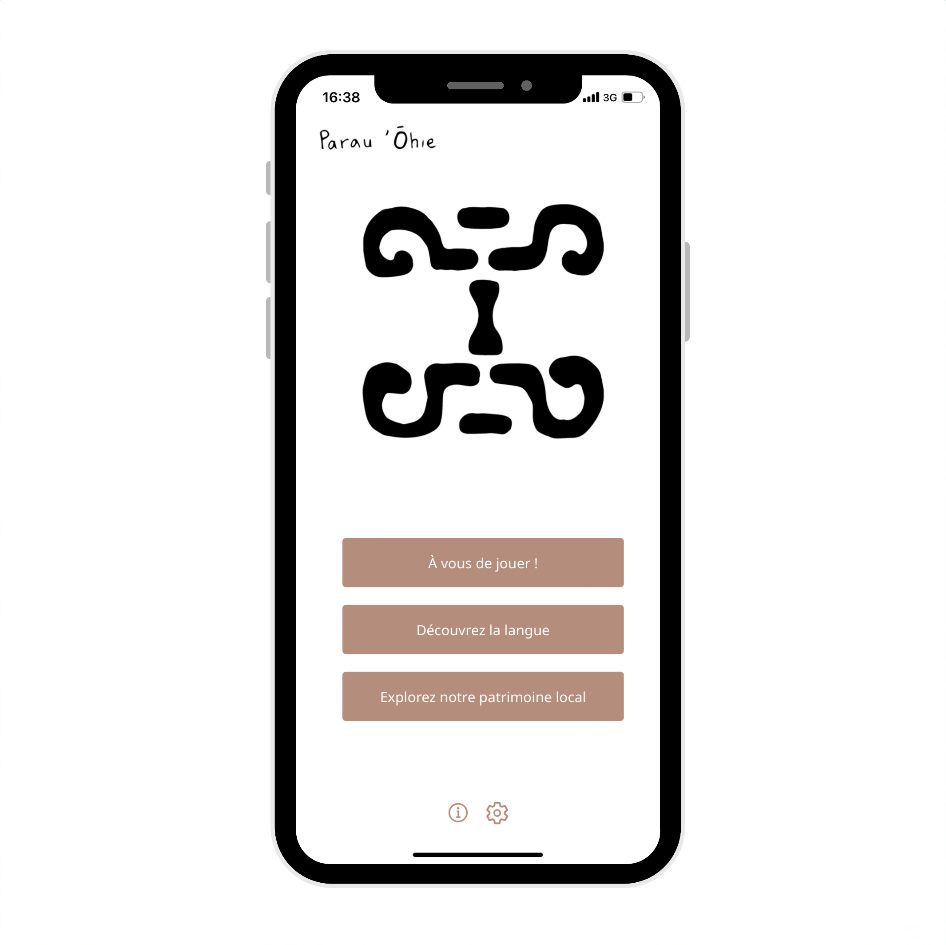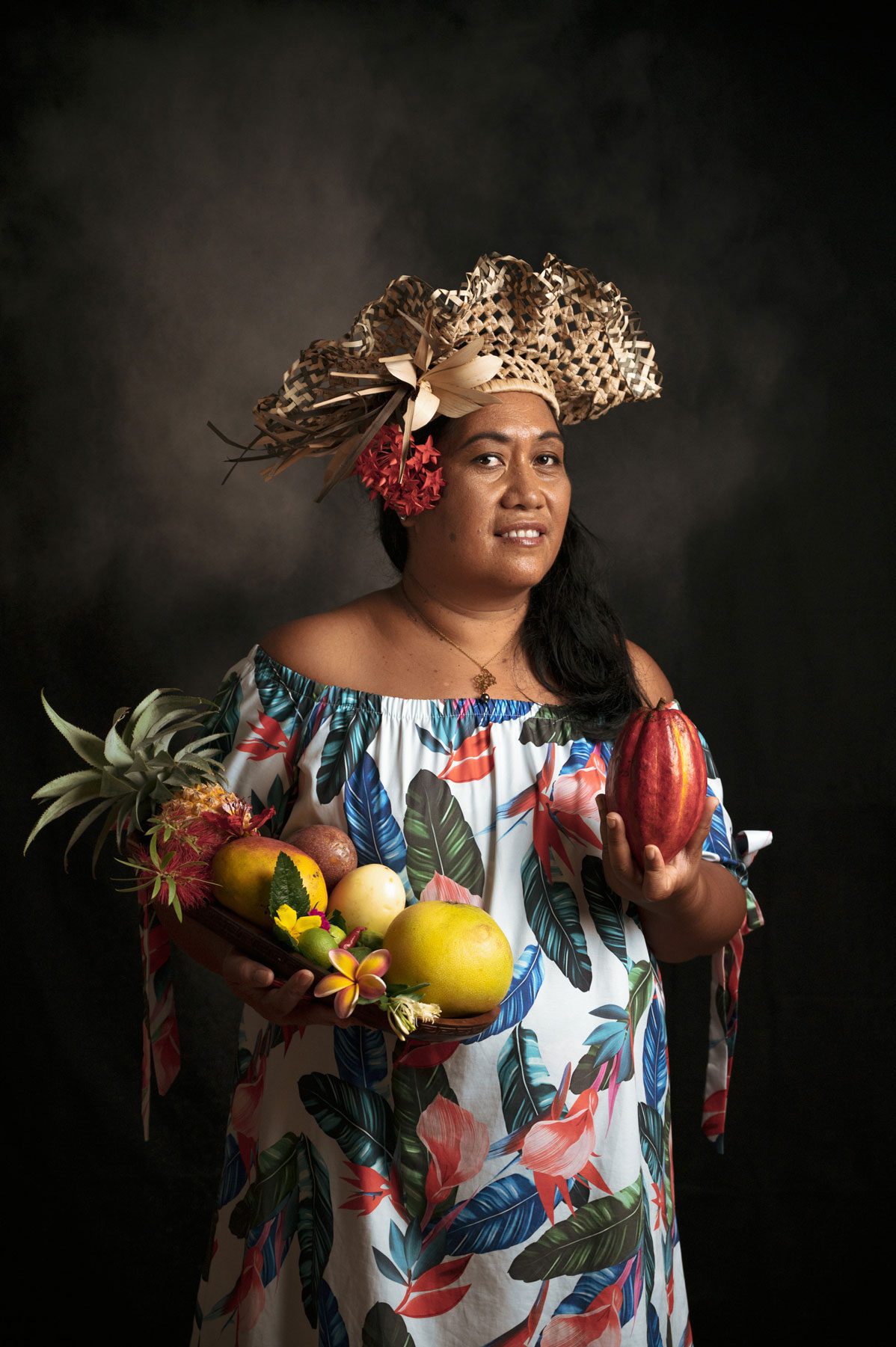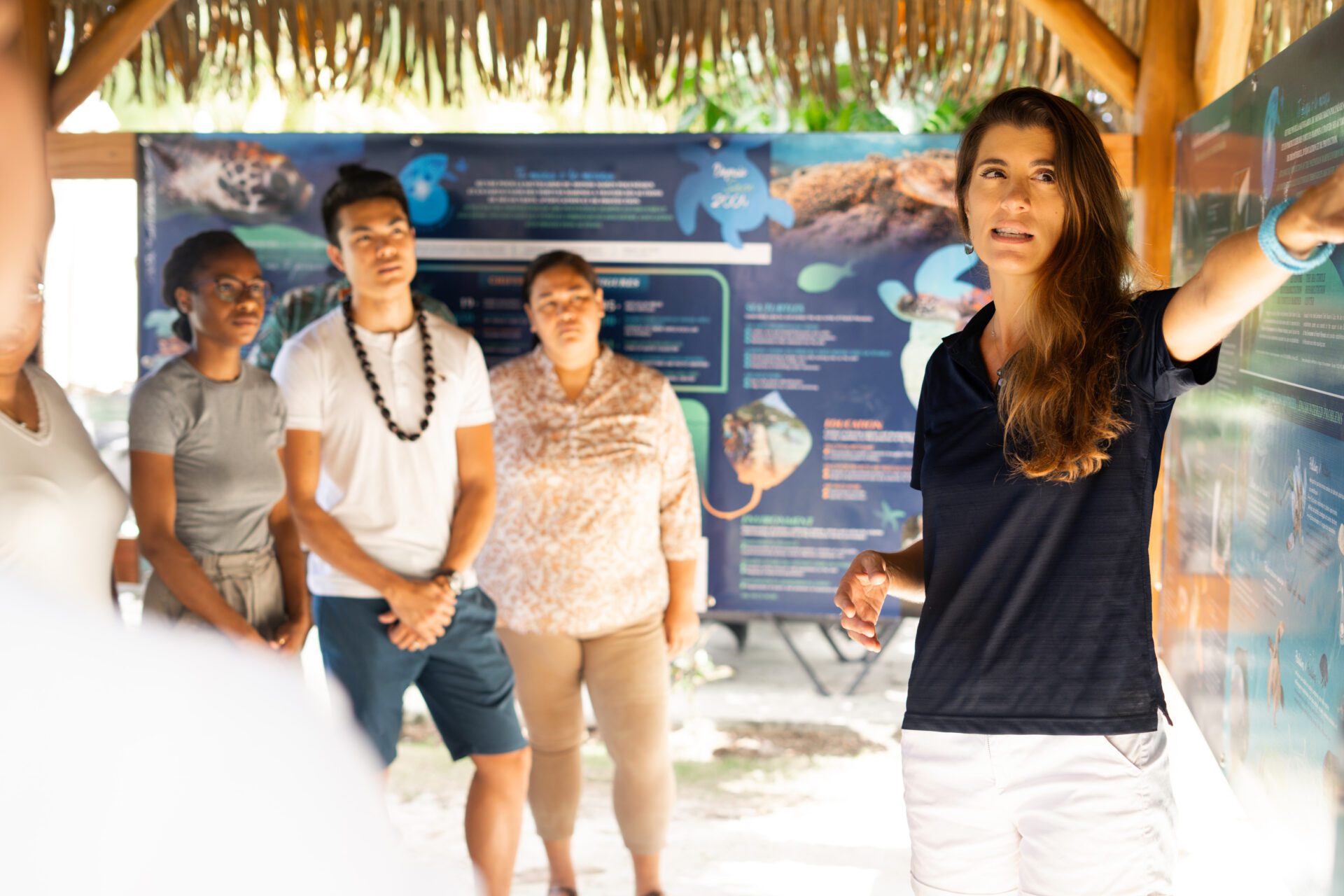The Fight Against Single-Use Plastics
With the goal of banning all single-use plastics throughout the resort by 2022, the fight against single-use plastics has already started, and is deeply anchored in the resort’s process as well as in our daily life.
SHARE


Our planet is drowning in plastic pollution and it is now more important than ever to reduce our plastic footprint worldwide.
According to the Ocean Conservancy, an estimated 8 million tons of plastic slip into the marine environment from land-based sources every year, on top of the 150 million plastic tons already roaming the same seas. That is equivalent to one truckload dumped into the sea every minute of every day, which are choking our waterways, polluting our oceans, killing wildlife, and contaminating our food supply. If current trends continue, scientists estimate that by 2050, there will be more plastic in the ocean than there are fish.
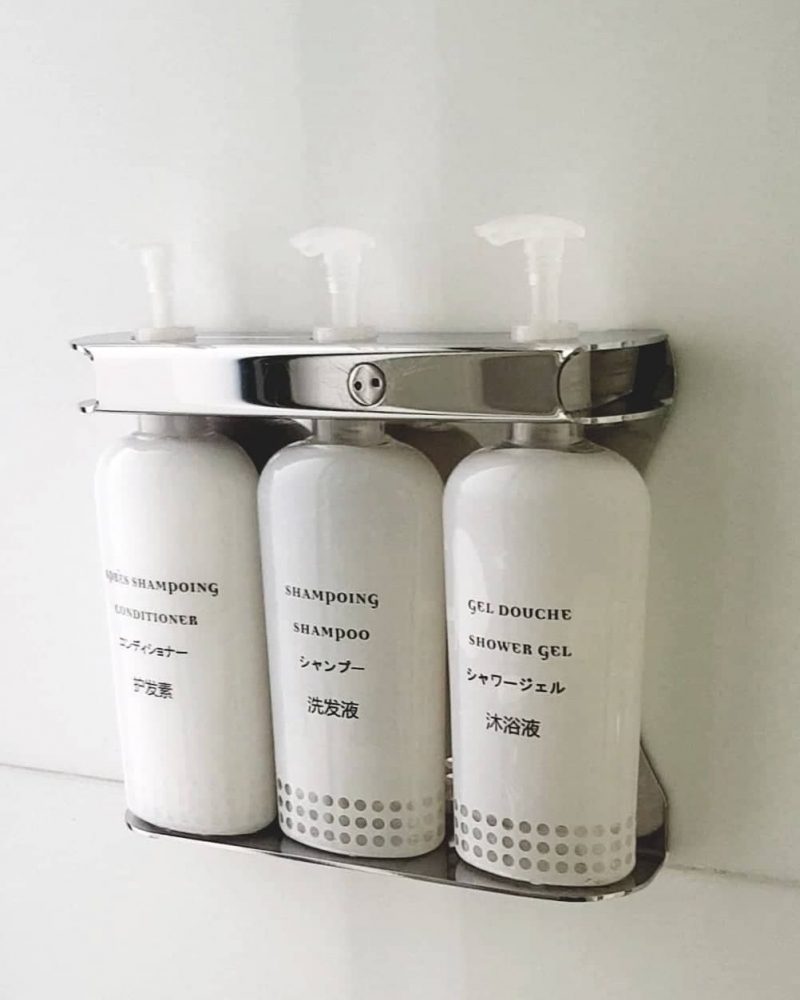

– Dispensers have replaced single-use toiletries since 2018
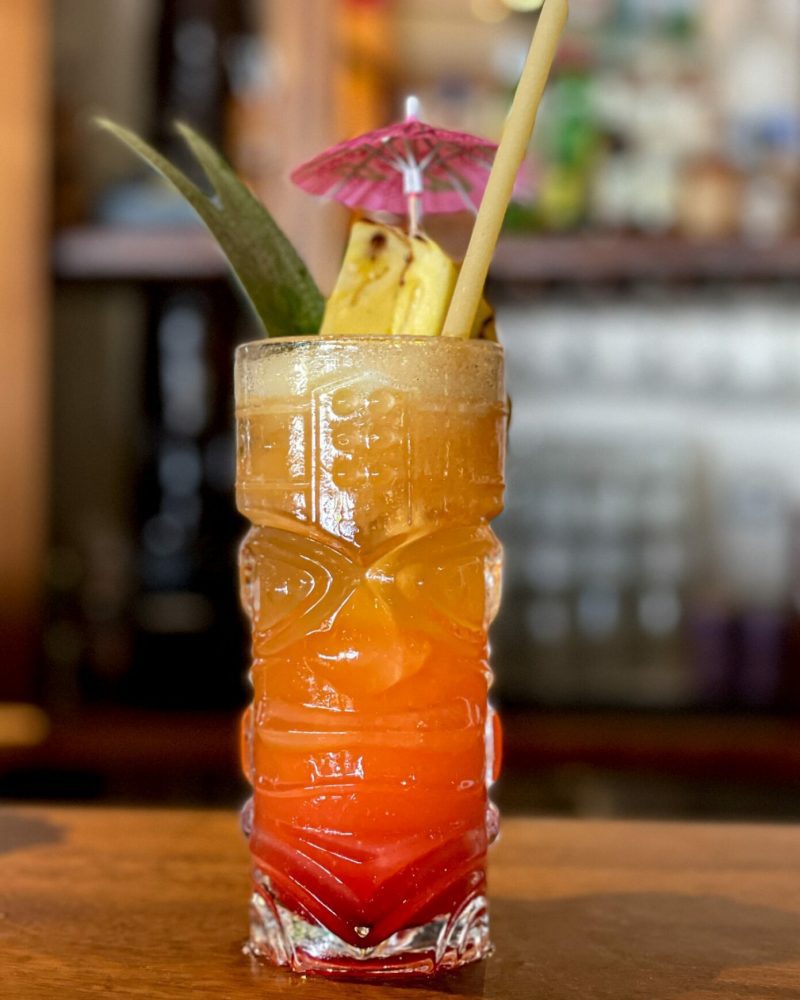

– Wheat or paper straws have replaced plastic ones
The Situation In French Polynesia
A staggering 380 million tons of plastic are produced annually, of which an estimated 300 tons of that is consumed each year in French Polynesia alone. The recycling system in French Polynesia only concerns plastic bottles, which are exported abroad to be properly recycled. All other single-use plastics end their race at best, in the technical site in Tahiti.
Although there is little that can be done about the vast amounts of plastic already in the oceans, we can still do a whole lot to ensure we won’t be adding much more plastic waste to that already out there. It is going to take commitments both large and small to tackle the scale of the plastic pollution crisis in front of us, and we all have a role to play.
Recycling alone is not enough to solve the plastics crisis. To have an impact, we must reduce the amount of single-use plastic being produced at the source and ensure that the rest are made from recycled or responsibly sourced content rather than fossil fuels.
The Nana Plastic Bag Collective
In 2017, Nana Sac Plastique collective was established in French Polynesia to fight against single-use plastics and the preservation of ecosystems. Its primary objective is to promote alternatives to single-use plastic bags, which whether in a landfill or in the environment, take up to 1,000 years to degrade.
Founded by Geoffrey Van der Maessen, the collective’s team of volunteer activists have carried out numerous actions and operations to educate citizens, businesses, and government to preserve the environment by reducing their plastic footprint.
Through positive messaging, they have successfully built a wide-reaching citizen-led movement. Their first major success was seen in September 2020, with the passing of a law that bans certain types of single-use plastic bags in French Polynesia. The law prohibits plastics that break down into small pieces, not assimilable by microorganisms and not compostable like oxo-fragmentable plastic. This plastic, as it degrades, creates tiny fragments that never disappear, creating constant pollution. This law also encourages professionals and individuals to look for 100% biodegradable alternatives in order to limit all plastic articles at the source.
The ban will be extended on January 1, 2022 to all types of plastic bags and all types of bags with a plastic window, intended for the packaging of goods at the checkout counter, or for the packaging of goods in the sales area.
The efforts of Nana Sac Plastique have also resulted in a hundred other companies who have also joined the movement by signing a moral charter committing them to no longer distribute single-use plastic bags. There are also two zero-waste grocery stores that are now located on the main island of Tahiti.
Within the scope of the InterContinental Tahiti’s sustainable development program, a support partnership has been set up with Nana Sac Plastique collective. For example, the association organized a free conference at the hotel during the International Plastic Bag Free Day, in order to raise public awareness on how to act to avoid the use of plastic bags and single-use plastics in general. Nana Sac Plastique has facilitated many educational panels and organized workshops onsite as well, to further raise awareness among the hotel staff. The goal is to make employees adhere to the environmental objective in order to unite teams and harmonize practices to make them consistent and efficient.


– Roadside waste pick up with the staff members of the resort
Once a year, InterContinental Tahiti hotel organizes a roadside waste pickup campaign aimed at helping improve and clean up our surrounding communities. These pick-ups involve the hotel’s volunteer staff (usually about 20 people) who divide into two groups to go in opposite directions along the road that passes in front of the hotel for about 1Km on each side. By participating in clean-ups, citizens and hotel staff can create immediate results and permanent changes in our local areas.
Since 2019, many other efforts have been made to reduce the volume of waste generated by InterContinental Hotels French Polynesia. Single-use toiletries such as shampoo and conditioner have been replaced with refillable, pump-top dispensers. The products used in these dispensers are natural and biodegradable, certified with the Cosmos label by Ecocert. This change alone has reduced waste by 3.5 tons! Plastic straws have also been gradually replaced by raw pasta straws. To-go boxes and plastic cutlery have been replaced with cardboard to-go boxes and bamboo cutlery.
Other sustainable actions being carried out at InterContinental Resorts French Polynesia include: reducing energy consumption, raising customer awareness of the local flora and fauna, promoting local producers, and establishing partnerships with stakeholders in the sustainable development of the territory.
By 2022, the group aims to ban all single-use plastics. A bottling station project will be launched at the InterContinental Thalasso in 2021, allowing plastic mineral water bottles to be replaced by water bottles treated on site and packaged in reusable glass bottles.
“Pacific Beachcomber hotels are part of a pioneering approach in Polynesia to protect the sublime biodiversity which is the strength of our destination” commented Alban Perret, Sustainability Manager of InterContinental Resorts French Polynesia. “The environment that surrounds us calls attention to the fragile richness of our ecosystems and the dangers they face. This is why the fight against single-use plastics is a major issue in our approach, where we have set a goal for 2022: 0 single-use plastics. The next step is to get rid of soda bottles and containers with equipment that will enable us to make our drinks on site. Then we will change our plastic keycard into wooden keycards, making them less harmful to the environment.”
Mr. Perret also noted that “On a more personal level, everyone can take action and we encourage our employees to take part in the approach in their homes as well. We have organized workshops to teach them how to make sponges out of old t-shirts, how to make solid soap, how to sort waste… More globally, everyone can act by finding simple alternatives to plastic: use reusable packaging for your food and meals, use beeswax film instead of cellophane, buy in bulk, prefer solid toothpaste.”
SHARE
